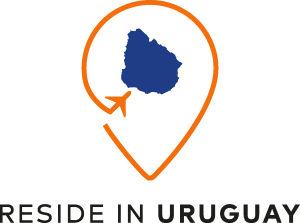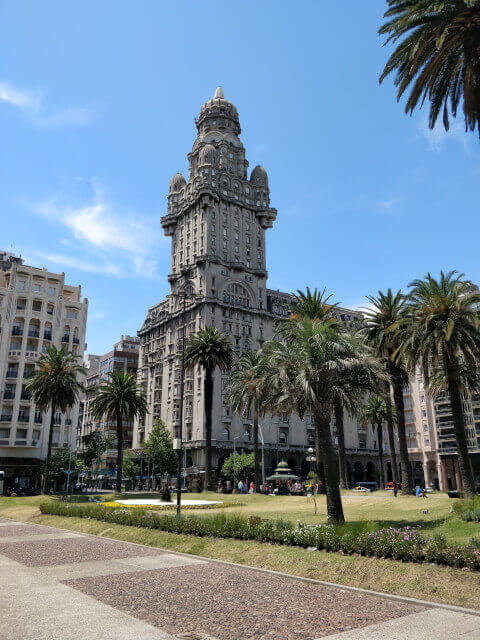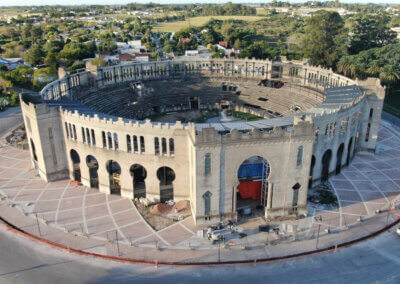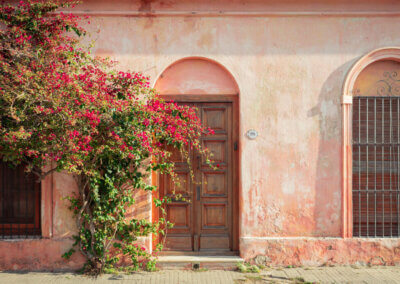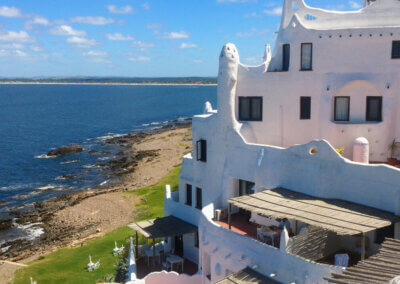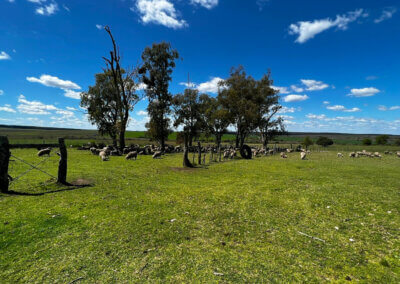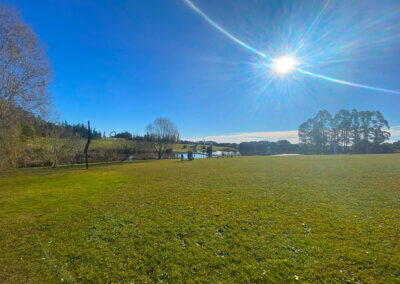About Uruguay
A great place to live
Uruguay
Uruguay is a place that combines the advantages of a big city and those of a town. The people are very close and friendly. If you decide to go, you will soon make a group of friends, as they are very open-minded people.
In recent years Uruguay has positioned itself as one of the most stable countries in the region with a solid, steadily growing economy, stable politics and friendly social life. For this reason, it has become an option for many who decide to invest, preserve their patrimony and also for those who want to spend a few years and even stay to live. The real estate market, is one of the sectors that has grown stronger in recent times due to tax free policies and laws such as the Promoted Housing Law, which has been reformulated early last year.
Government policies have been aimed at positioning Uruguay as a stable and safe place to invest. The country has a higher percentage of profitability than some of its neighbors in the region when it comes to rents. It is for this reason that Real Estate has been one of the most popular sectors both for investors seeking rent as well as final buyers for the safeguard of value. Since a few months ago, it is also the alternative for those who are also looking for more emotional tranquility to live day by day.
The new alternatives presented by Uruguay are very positive. Whether to live the experience or to preserve the savings of a lifetime, the country meets the expectations in a safe way. The Uruguayan idiosyncrasy also invites to bet there.
Population
Median age
Life expectancy
GDP per capita
Uruguay Data
Official Name: Oriental Republic of Uruguay
Geographical location: South America, bordering Argentina and Brazil.
Capital city: Montevideo
Surface area: 176,215km², 95% of the territory is productive land suitable for agriculture and livestock farming.
Population (2013): 3.4 million
Population growth (2013): 0.3% (annual)
GDP per capita (2013): US$ 16,421
Currency: Uruguayan Peso (UYU $)
Literacy rate: 98,4%
Life expectancy at birth: 78 years
Form of government: Democratic republic with presidential system
Political division: 19 Departments
Time zone: GMT – 03.00
Official language: Spanish
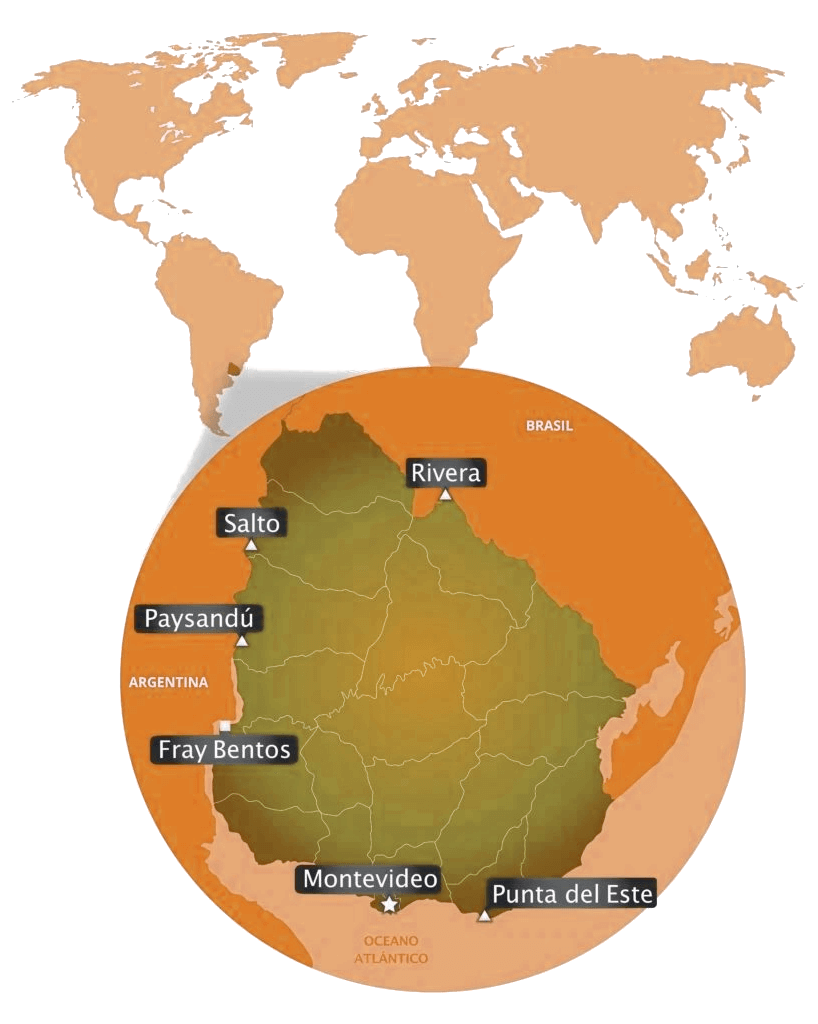
MAIN CITIES
Rivera
On the border with Brazil, In the area there are some old mines to visit, in particular that, together with the ancient town, of Minas de Corrales. Best time: from November to February due to the mild climate.
Salto
Salto is the second-largest city in Uruguay. Located 300 miles north of Montevideo, and just across the river from Concordia, Argentina. The Salto area’s economy is fueled by three major industries: agriculture, tourism and the operation and maintenance of the nearby Salto Grande hydroelectric dam.
Paysandú
Is a city in which to discover the history and life of the Uruguayan national hero José Artigas, hero of the Wars of Independence. In the surrounding nature the city also hides some treasures: the Queguay waterfalls and the Guaviyu thermal baths.
Punta del Este
Punta del Este has always been the tourist resort of Uruguay. Iconic is now the statue with the fingers of one hand sticking out of the sand on the beach of Playa Brava, the most famous of Punta del Este.
Montevideo
It is the capital as well as the most populous city in Uruguay with 1.320.000 inhabitants. The city hosts strong and interesting contrasts that are immediately visible: old colonial buildings, particularly in the Ciudad Vieja that grew up around Plaza Indipendencia, and then super modern skyscrapers Main attractions are the rambla, Plaza Indipendencia, Mercado del Puerto and Salvo Palace.
The Capital
Montevideo is the capital and largest city of Uruguay. According to the 2011 census, the city proper has a population of 1,319,108 (about one-third of the country’s total population) in an area of 201 square kilometers (78 sq mi). Montevideo is situated on the southern coast of the country, on the northeastern bank of the Río de la Plata.
The 2019 Mercer’s report on quality of life, rated Montevideo first in Latin America, a rank the city has consistently held since 2005. As of 2010, Montevideo was the 19th largest city economy in the continent and 9th highest income earner among major cities.In 2022, it has a projected GDP of $53.9 billion, with a per capita of $30,148.
